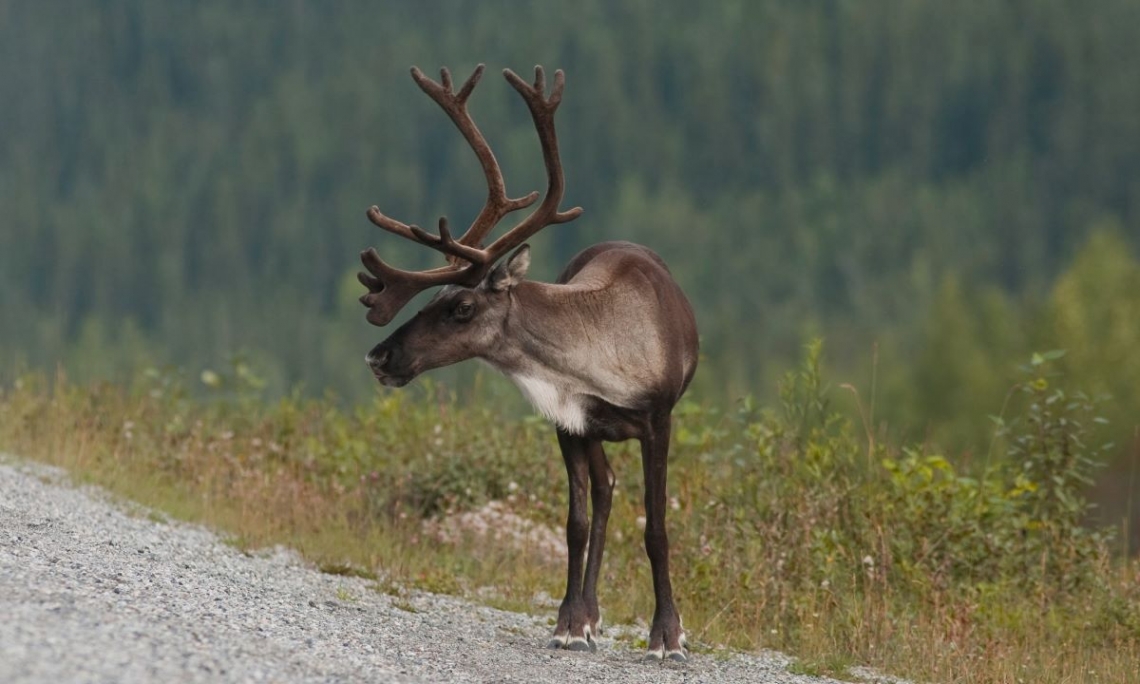Co-production de connaissances, création de capital social et représentation du savoir local dans le suivi d'un socio-écosystème humains - Rangifer


Project Description:
This thesis project investigates the contributions and limits of a long-term community-based monitoring program of the human-Rangifer social-ecological system associated with the Porcupine caribou herd. More precisely, it investigates the case of the Arctic Borderlands Ecological Knowledge Society, a cooperative institution established in 1994 and involving 10 indigenous communities within its community-based environmental monitoring program. Three specific objectives structured the chapters of the thesis project:
Project Outcomes or Intended Outcomes:
Both spring and fall caribou body condition improved from 2000 to 2008, despite a continuous increase of the Porcupine caribou population. Spring and fall caribou body conditions were mostly influenced by weather on the winter and spring ranges, in particular by snow conditions and spring temperatures. Amelioration of snow and temperature conditions from 2000 to 2010 likely contributed to the caribou population increase during the same period.
There is a strong influence of snow conditions and temperature on hunting activities and the capacity of hunters to satisfy their needs in caribou. From 2000 to 2008, hunters increasingly met their needs in caribou despite a decrease in hunting activities, which may have been caused by the caribou population increase.
In spite of a high level of social capital within the Arctic Borderlands Ecological Knowledge Society, indigenous knowledge collected through the program barely contributed to management decisions. Several barriers limit the contribution of this knowledge but the Arctic Borderlands demonstrated learning and adaptive capacities to overcome these barriers. Indigenous community-based monitoring can improve our understanding of arctic social-ecosystems. A community-based approach can produce social outcomes that go beyond the primary benefits of data collection. Environmental community-based monitoring bridges indigenous and scientific knowledge and fosters communication between people who need to meet and innovate to manage sustainably the resources on which they depend.